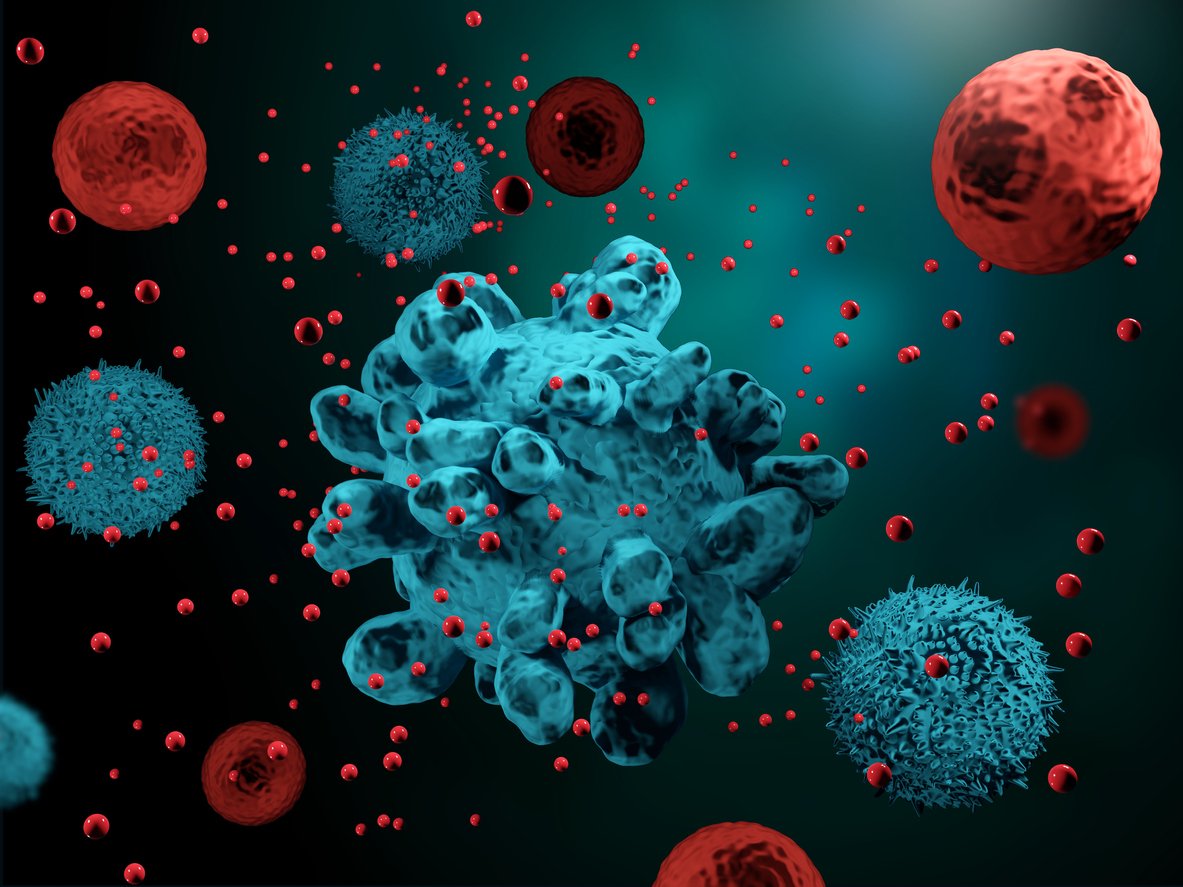It is expected that a CAR T-cell therapy service will be operational for both adult and paediatric patients by the end of this year, a HSE spokesperson has told the Medical Independent (MI).
The National Cancer Control Programme (NCCP) has formally designated the national stem cell transplantation unit at St James’s Hospital (SJH) in Dublin and the haematopoietic stem cell transplant unit at Children’s
Health Ireland (CHI) at Crumlin as the initial sites to develop and deliver the service.
The establishment of the service will be financed through dedicated resource allocations and minor capital
funding.
The NCCP has supported SJH and CHI at Crumlin in progressing the technical and service readiness elements required over the last 18 months and a patient pathway has been established.
The basis of a national CAR T review group has also been agreed. The group’s role will be to consider all patients
who have been referred for discussion at the designated CAR T centre multi-disciplinary team meeting.
Several CAR T products have been licensed in the EU as medicines. One product, tisagenlecleucel, has now been
approved for reimbursement by the HSE in line with its licensed indications A number of additional applications for reimbursement for CAR T therapy are also currently being assessed in line with the standard HSE assessment process.
“Service planning discussions are ongoing with the NCCP, service providers and pharmaceutical companies to
move forward on a CAR T service in Ireland. It is expected that the service will be operational for both adult and paediatric patients by end2021,” according to the spokesperson.
In the absence of access to the therapy in Ireland, “an exception was made in 2019 for patients to be allowed
access to this drug treatment under the treatment abroad scheme.”
MI previously reported that the HSE spent €8.18 million on patients receiving the therapy in the UK in 2019 and 2020.
CAR T is a novel treatment for patients with cancer. It is a patient-specific, individualised cell therapy that involves genetically modifying the patient’s own T-lymphocytes.













Leave a Reply
You must be logged in to post a comment.